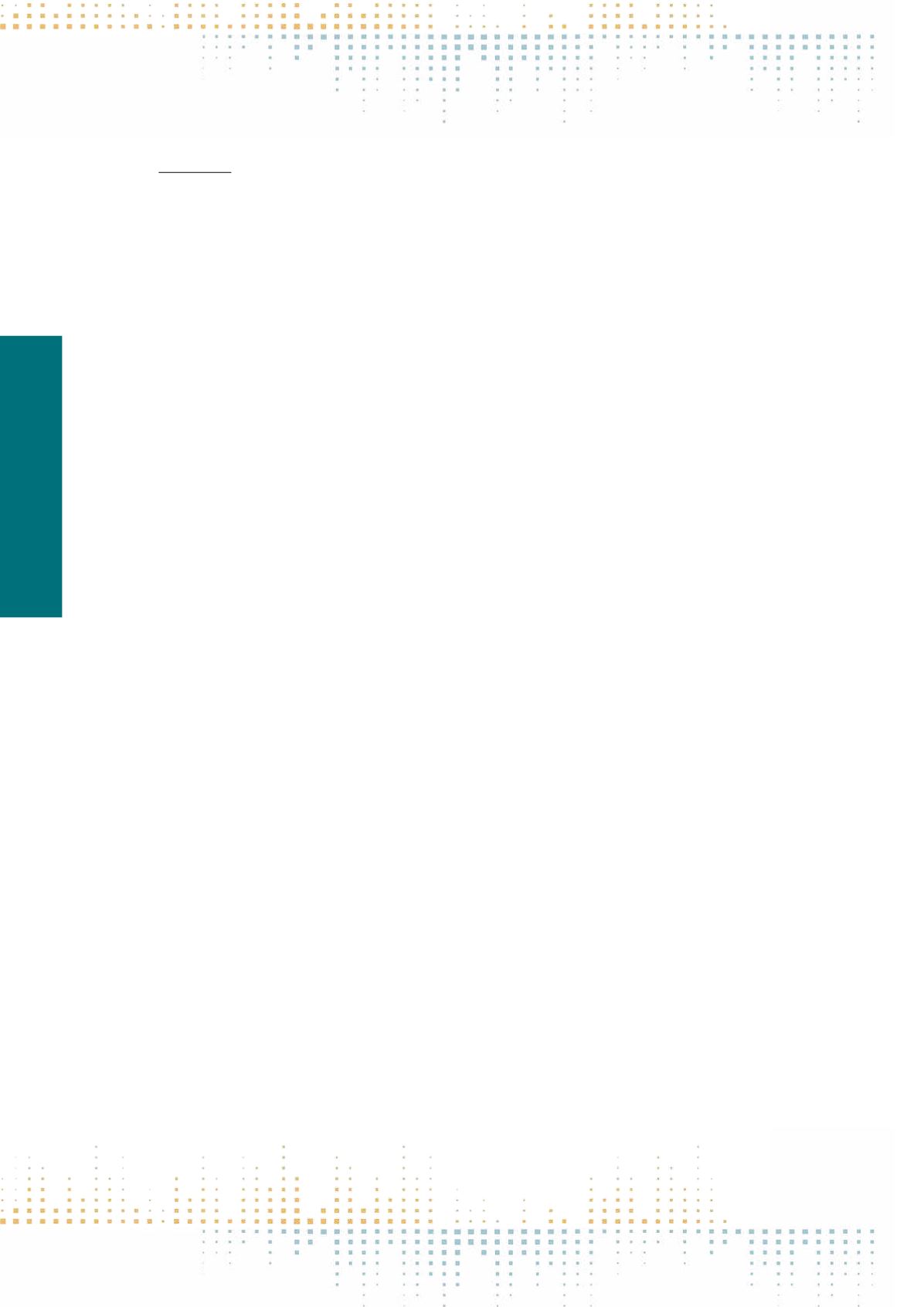

510
Thursday, November 10
0 9 : 0 0 – 1 0 : 3 0
PP 005
Social Media Use and Political Cynicism. Mediating Effects of Negativity and Procedural Fairness Perceptions
F. Zimmermann
1
, L. Hofer
2
1
University of Mannheim, Department of Media and Communication Studies, Mannheim, Germany
2
University of Amsterdam, Department of Political Science, Amsterdam, Netherlands
Citizens today obtain political information not only from traditional news media like newspapers or broadcasting, but increasingly so from online social
media such as weblogs, communities, or social networking sites providing users with information on current political issues. While the social web hence
arguably plays an important role in forming public opinion, recent studies have revealed that social media use also fosters political cynicism. This paper
aims to extend this line of research by focusing on the underlying mechanisms of such effect. In particular, we examine the role of media-induced fairness
perceptions in shaping political cynicism. Political science has shown that individuals’ fairness perceptions not only affect support for political actors and
outputs, but also influence trust in and legitimization of the political system as a whole. Such effect is particularly driven by how fair the process of political
decision-making is perceived (and less its outcome). While news media coverage has shown to play a key role in shaping fairness perceptions, this should
also hold true for social media where news stories are frequently posted, shared, and discussed. Yet, how fair the political process is perceived depends on
the valence of its portrayal. Though, compared to traditional media, social media appear particularly prone to negativism: In re-disseminating news con‑
tent, social media users tend to focus on negativity as news value. However, they are not constrained by the ideal of objectivity like professional journalists.
Further, negative stories have shown to drag most comments, while incivility and fierce critique towards political authorities has been identified an accept‑
ed normality in social media. Based on the above, we expect social media use leading to higher perceived media negativity compared to traditional media
use (H1), which reduces procedural fairness perception (H2), and in turn increases political cynicism (H3). We conducted an online survey among German
citizens (N = 470), regarding the German media coverage of the financial assistance programs for Greece during the Euro crisis. We assessed respondents’
political media use, fairness perceptions, perceived media negativity, and political cynicism, as well as relevant control variables. Using structural equation
modelling, we find our hypotheses confirmed in that the effect of social media use on political cynicism is mediated through perceived negativity and
procedural fairness perception. All effects remain significant when controlled for potential confounders. Our study adds to existing research in two import‑
ant ways: The finding of stronger negativity perceptions among social media users supports the notion that social media users’ secondary gatekeeping is
marked by negativity, likely due to a lack of objectivity in selecting and framing political information. Secondly, we were able to identify procedural fairness
as a key transmission mechanism of social media use on political cynicism. The findings raise doubts about the democratic potential of social media and
span a research program to further our understanding of the specific routines, contents, and context characteristics of political social media use and its
effects.



















